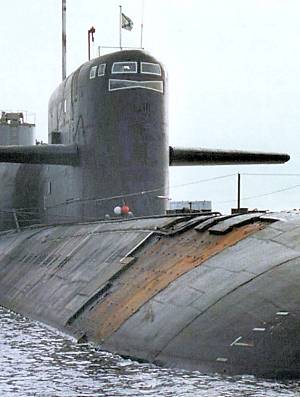WASHINGTON, Aug. 12, 2011 — Calling the operation against al-Qaida leader Osama bin Laden “a great step” toward U.S. objectives in Afghanistan, a senior defense official emphasized the importance of continuing to build Afghan security forces and institutions so they can continue this momentum.
“Our goal is to deny safe havens to al-Qaida and to deny insurgents the ability to overthrow the Afghan government,” Michael D. Lumpkin, acting assistant secretary of defense for special operations and low-intensity conflict, said yesterday at the Ministry of Defense Advisors Program first-anniversary conference.
With bin Laden now out of the picture, he said, U.S., Afghan and coalition forces must continue working together to degrade the Taliban-led insurgency.
“Although progress in Afghanistan is substantial and our strategy is on track, significant challenges remain,” Lumpkin said. U.S., Afghan and coalition forces have dislodged insurgents from key strongholds in the south and improved security through much of the northern, western and capital regions, he said.
But eastern Afghanistan remains problematic, he acknowledged. There, the physical terrain, culture, geography and presence of safe havens in Pakistan all present “a complex set of challenges” he said are distinct from those in other parts of Afghanistan.
“In addition, only after Afghanistan’s security institutions are self-sufficient and self-sustaining will it be possible for the Afghan government to solidify tactical gains earned at such great cost,” he said.
While the United States and coalition partners help the Afghans build their security ministries, Lumpkin emphasized the need to “provide time and space for the Afghan national security forces and the Afghan government to assume the lead for Afghanistan’s security nationwide by the end of 2014.”
“The key to this responsible, Afghan-led transition is the presence and the capability of 300,000-member strong and growing Afghan national security forces and the development of civilian-led security ministries that can sustain these forces,” he said.
The Afghan National Army and Afghan National Police have grown by more than 100,000 troops and police officers since President Barack Obama announced his Afghanistan-Pakistan strategy in December 2009, he noted.
By the end of the summer of 2012, when the last of U.S. surge forces have left, another 50,000 Afghans are slated to have joined their national army and police forces, he said.
“As a result of this expansion, there will actually be more Afghan national security forces and coalition forces in the fight than there are today,” Lumpkin said. “And substantially more of those forces will be Afghan. Indeed, by this time next year, for every American soldier in Afghanistan, there will be five [Afghan] soldiers and police in the fight.”
Lumpkin called the recent transfer of security responsibility to Afghan forces in seven areas of Afghanistan a tangible sign of progress being made. Meanwhile, he added, negotiations under way will develop terms for a strategic partnership that will frame the character of an enduring U.S.-Afghan relationship.
“It will send a clear and reassuring signal to the region that Afghanistan will not be abandoned, and that the United States remains committed to regional peace and stability,” Lumpkin said. “We are determined to see this partnership become a reality, so that in the future Afghanistan is safe, stable, peaceful and secure.”
Source:
U.S. Department of Defense
Office of the Assistant Secretary of Defense (Public Affairs)

 von
von 

